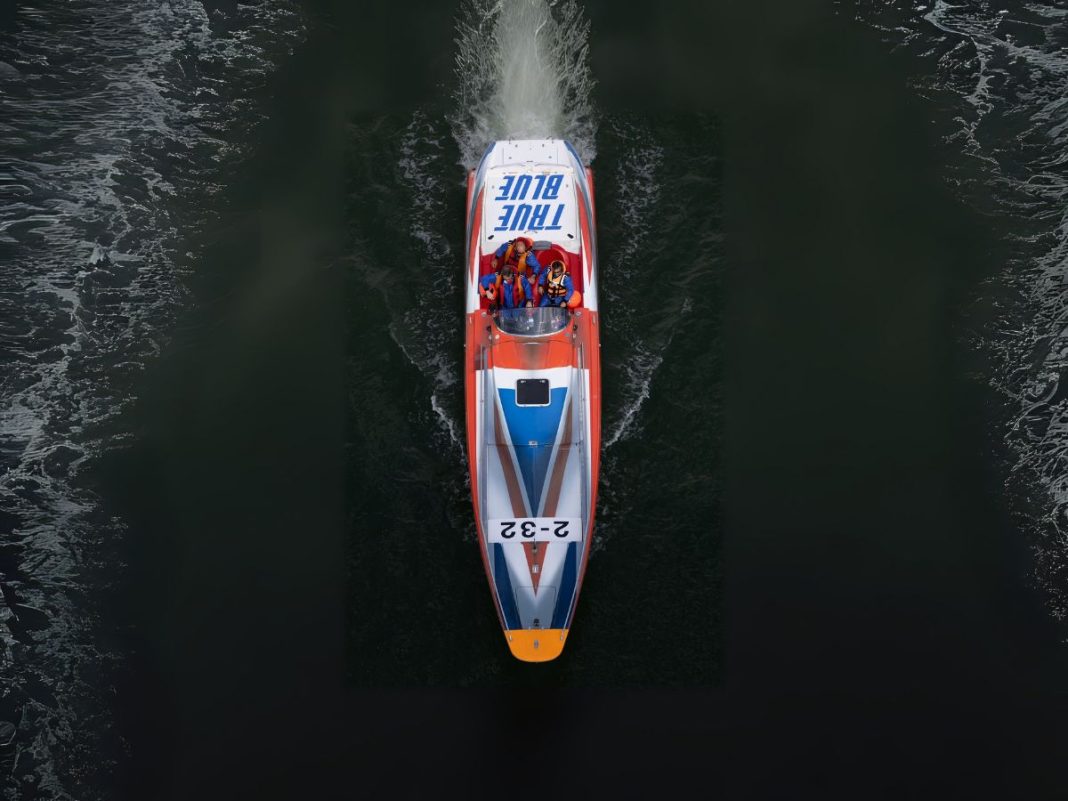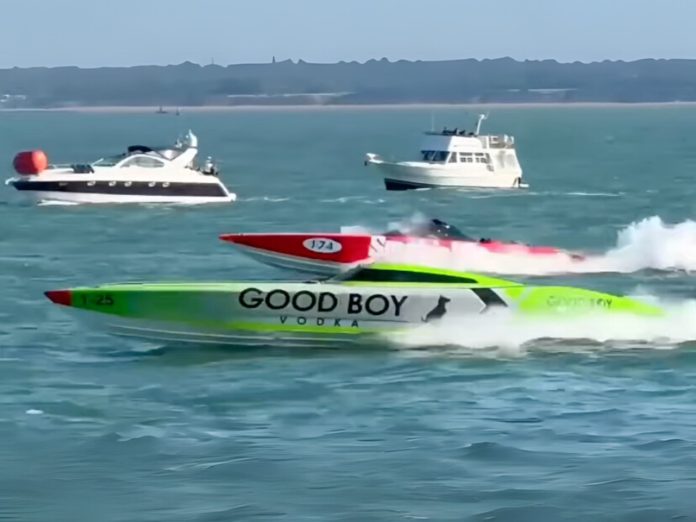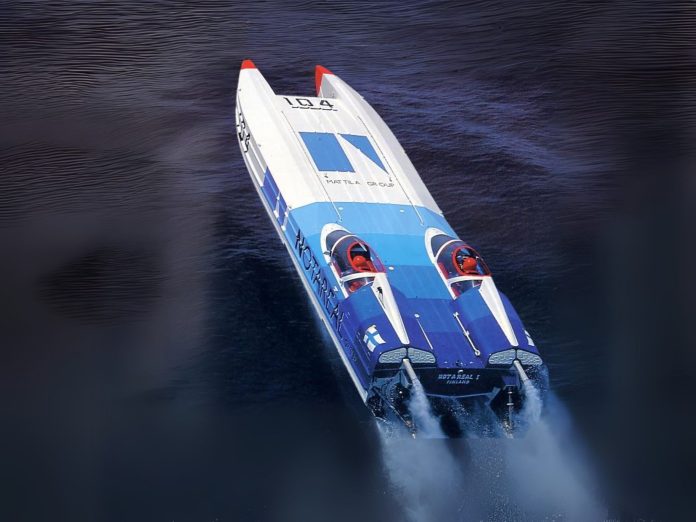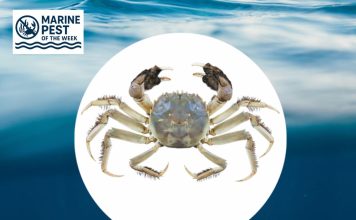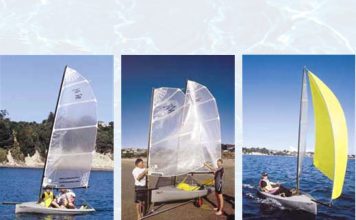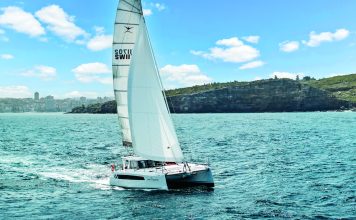The Lymington Challenge has long been one of the UK offshore powerboat season’s most spectator-friendly events, its Western Solent course taking boats past prime viewing spots like Fort Victoria on the Isle of Wight and Hurst Castle on the Hampshire coast — not once, but up to four times. For 2025, the event doubled as Round 4 of the UKOPRA British Offshore Championship, drawing teams from across Britain and Europe.
The race was due to start at 1pm on Saturday 9 August from Hamstead Ledge, with two laps of the “Lap B” course for Class 1, 1L and 2, and one lap for Class 3. Conditions in the early morning looked promising — bright skies, a light breeze — and the pre-race atmosphere at Shamrock Quay in Southampton was buoyant. Teams carried out final checks, and the 09:15 drivers’ briefing confirmed the switch to the shorter rough-weather course, a precaution given forecasts for building seas in the Solent and The Needles Channel.
By late morning, the picture had changed. Winds freshened, tide and swell began to stack up, and the notorious tidal race near the Needles started to break heavily. The Officer of the Day and the event’s Safety Officer made the call to cancel racing altogether, citing “very rough conditions” and the risk to crews.
It was a bitter disappointment for competitors and fans alike, especially given the high-quality entry list. Defending champions, international teams from Sweden and Spain, and popular UK outfits like ‘Double Trouble’ and ‘Silverline’ had all been set to battle for points. Spectators lining the shores had been promised close-quarters action, with boats passing vantage points multiple times, and the ‘Red Wings’ start boat team even claimed to have “the best seat in the race” during pre-start testing runs.
Despite the cancellation, teams took to social media to thank fans and organisers for their support. “All boats and teams are home safe and well,” UKOPRA reported, emphasising that safety was paramount. The decision also underlined one of offshore racing’s constants since its earliest days — from the Miami–Nassau Race in 1956 to the Cowes–Torquay–Cowes in 1961 and the Lymington Challenge’s more recent history — conditions can turn a fast, glamorous sport into a test of seamanship and judgement.
As the British Offshore Championship moves on to its final round at Portland Bill, the Lymington Challenge will be remembered this year not for a winning boat or record speed, but for a day when organisers put safety first. And with its compact, crowd-pleasing course and a loyal following on both sides of the Solent, it will no doubt be back — ready to deliver the racing spectacle that the 2025 edition promised but the weather refused to allow.








